The second time I came to Salon Sriyani, it was just after 5pm. The door was open, but the lights were off. As I entered the shop, I noticed the barber, fast asleep in a plank-like position in one of the plastic chairs. I worried about startling him, so I gently lifted one of the plastic chairs and tapped it lightly against the concrete floor. The barber awoke from his slumber. I asked him if he would be willing to trim my beard, which, aside from bestowing upon me a kind of caveman-like appearance, had become unmanageable. He agreed. Just like before he asked what kind of clippers I would like used. We concurred that a number 2 clipper attachment would be suitable for the occasion. Five minutes later, the task was done. I looked less like a vagrant and more like a rugged scholar. Then I asked the barber how much I needed to pay for the service. At this point an old man with wiry gray hair who had been lingering outside appeared in the salon. The barber conversed with the old man briefly in Sinhalese, and then reported the price- 150 Rs.
In that moment, I thought strictly in terms of how much I had paid for a full haircut and how much effort went into my beard trim. Without concerning myself with the exchange rate, I explained to both men how several days before I had paid 150 Rs for a haircut at that very salon. They deliberated again in Sinhalese and settled on 100 Rs. I gladly paid the charge and told the barber that I would definitely be back in the future. I showed the barber that his salon was listed on Swarm, a geo-mapping mobile app used to record the places you visit, and went on my way.
Given the level of criticism generated from my recounting this affair on Facebook, I thought about other experiences I have had in Sri Lanka and asked my Airbnb host, Channa, about what had transpired and whether, from the perspective of a native Sri Lankan, what I had done was improper. To begin, it is not at all uncommon throughout the developing world to have foreigners and locals pay different prices for the exact same goods or services. As a personal example, early on in my trip I went hiking with a friend to Mini World's End near Hunnasgiriya. In order to hike this trail, my friend and I had to purchase tickets at the Knuckles Conservation Centre. Tickets for foreigners are 662 Rs. Tickets for Sri Lankan school children are 5 Rs. I remember paying "foreigner" rates to visit cultural attractions elsewhere in Asia, such as the Swayambhunath Monkey Temple in Kathmandu, Nepal, and the Jing'an Temple in Shanghai. However, this situation was a little different. I was paying a private individual for a service.
I asked Channa what he thought about the issue. My gracious host explained to me how for services in Sri Lanka, there is often a price for locals and a different price for foreigners. These prices should ideally be fixed, so all parties know how much they are expected to pay. When you go to a major grocery store in Sri Lanka, for example, all items have the price clearly marked on the product. Channa remarked that the very fact that there was a discussion about how much I should be charged for the service suggests that the price was not fixed, and the fact that the barber immediately agreed to charge me the slightly lower price of 100 Rs indicates that I was initially given an inflated price.
The point of this post was to give more context to this recent event and offer some cultural insight as well. In a marketplace in which prices are fluid, travelers should be prepared to counter initial price quotes, as they may very well be inflated for foreigners. A larger point is that as an obvious foreigner living in the developing world, you have to become your own advocate. I have personally found myself having to advocate for myself more often out here in Sri Lanka than back home in the US. I have had to challenge doctors' assessments of my medical issues and their proposed treatment plans; I have had to yell from the back of a bus that we were approaching my stop so that I could make my way toward the front of the bus in time to exit at my desired location; and I have had to negotiate fares with trishaw drivers in Kandy who do not have meters and charge foreigners significantly inflated prices. This doesn't mean that the people in Sri Lanka are bad or only looking to swindle hapless Americans. It means you have to be a little more on guard than usual, and know when it is appropriate to negotiate the price of goods and services.
As Rabbi Hillel once asked, "If I am not for myself, who will be for me? If I am not for others, what am I? And if not now, when?" Perhaps by asking these questions and contemplating the context surrounding the actions of all parties involved, we can arrive at a greater mutual understanding in places with vastly different cultures and practices.

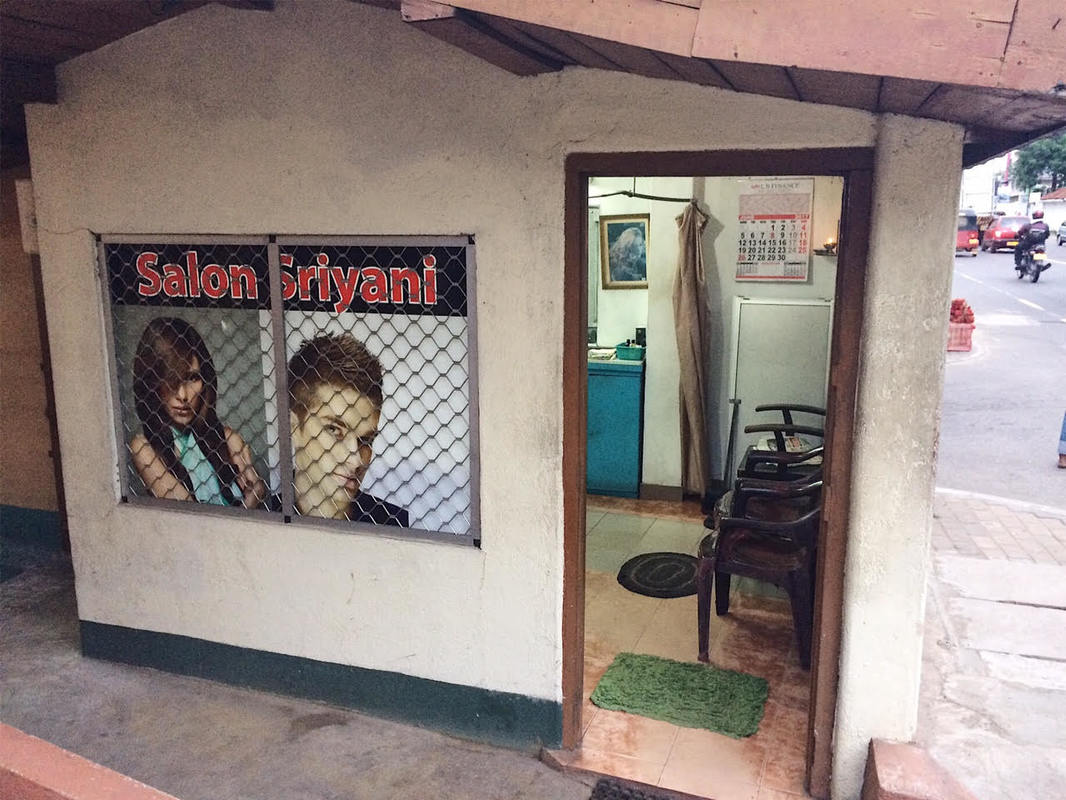
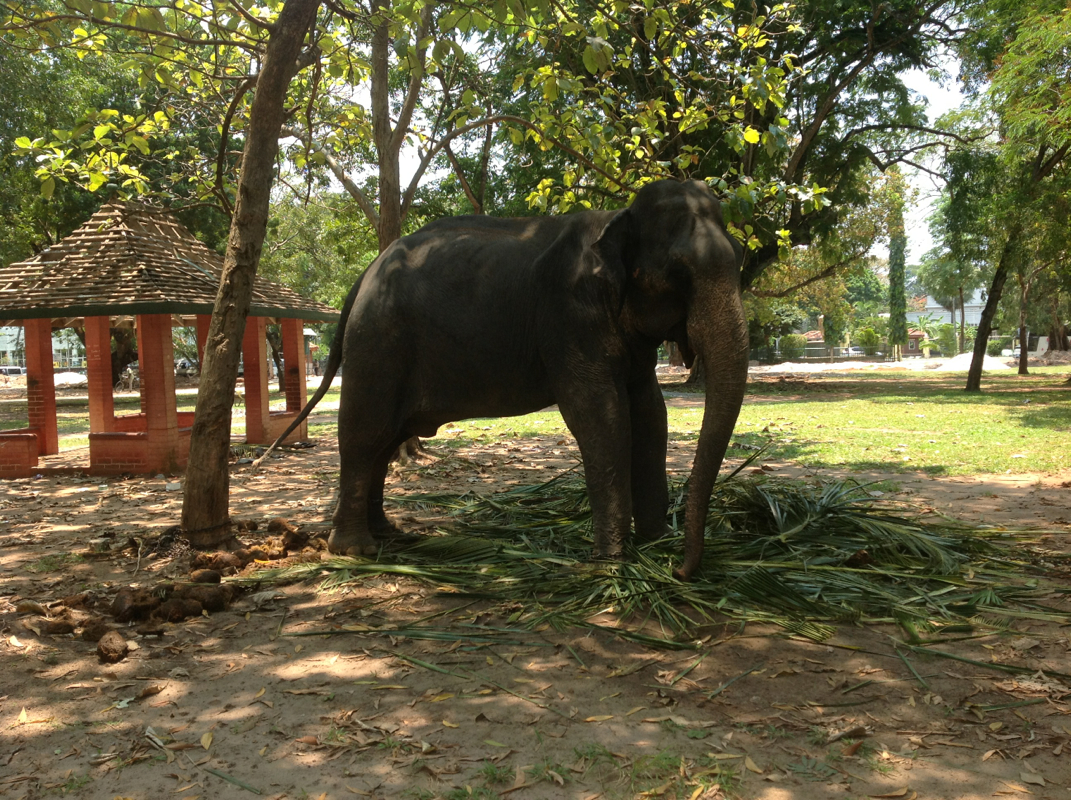
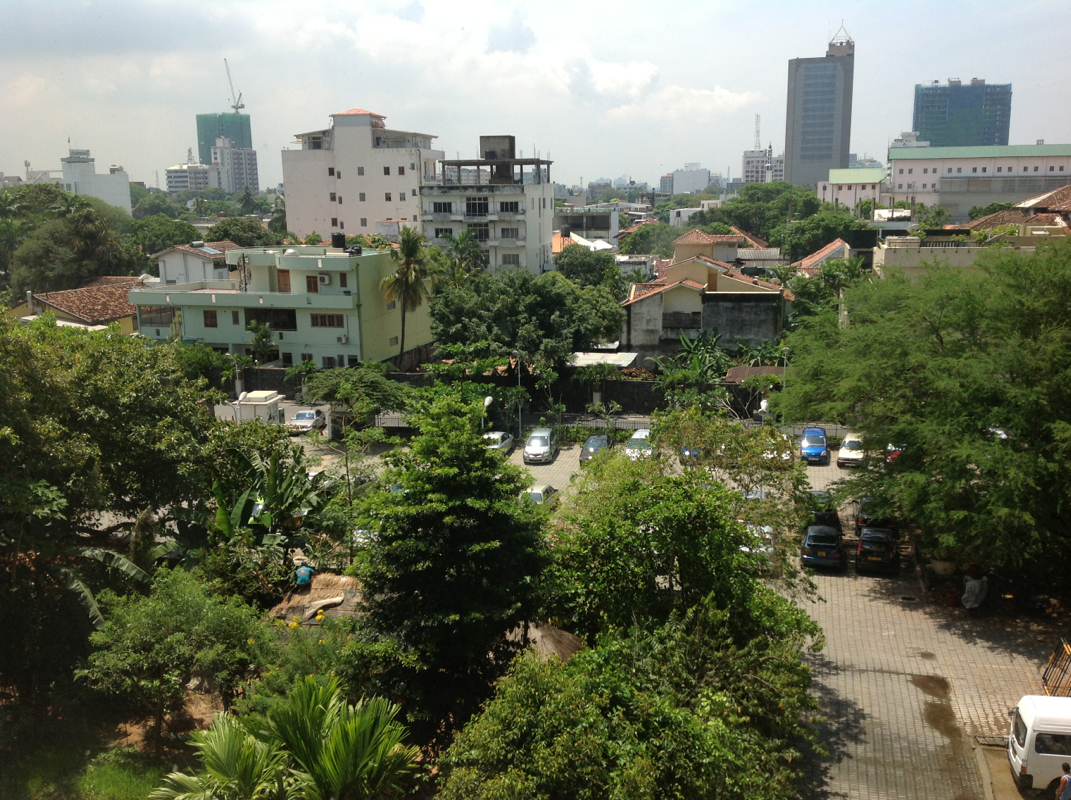
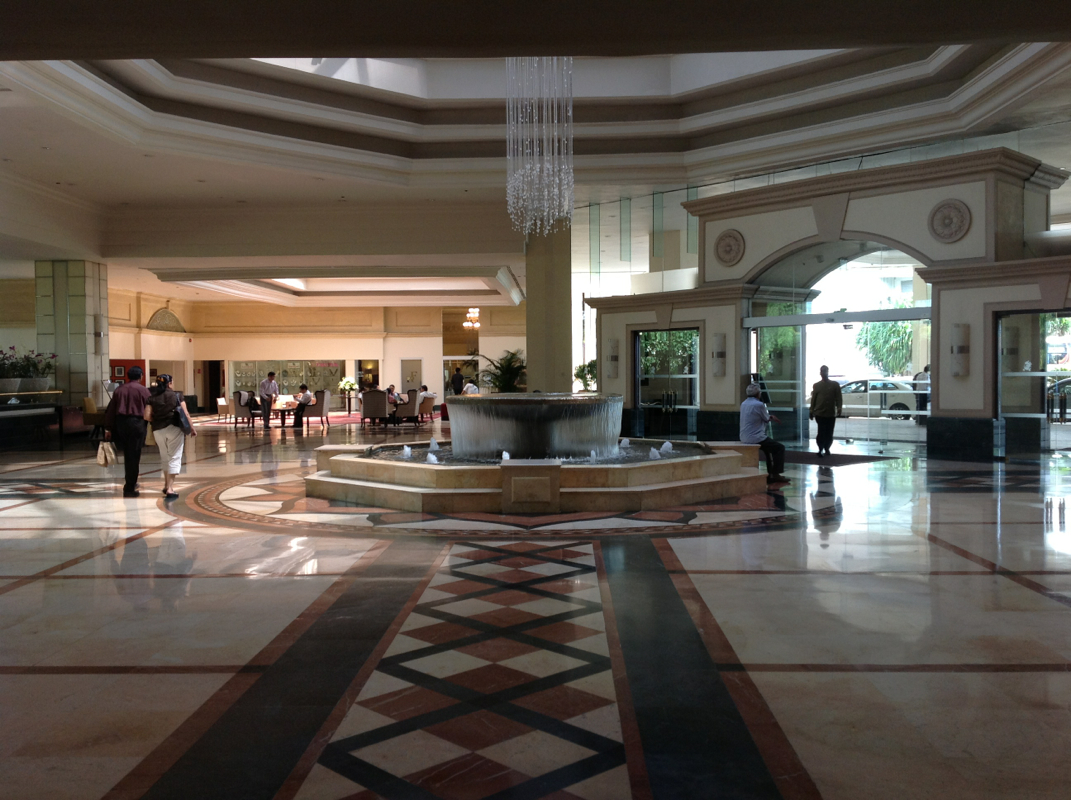
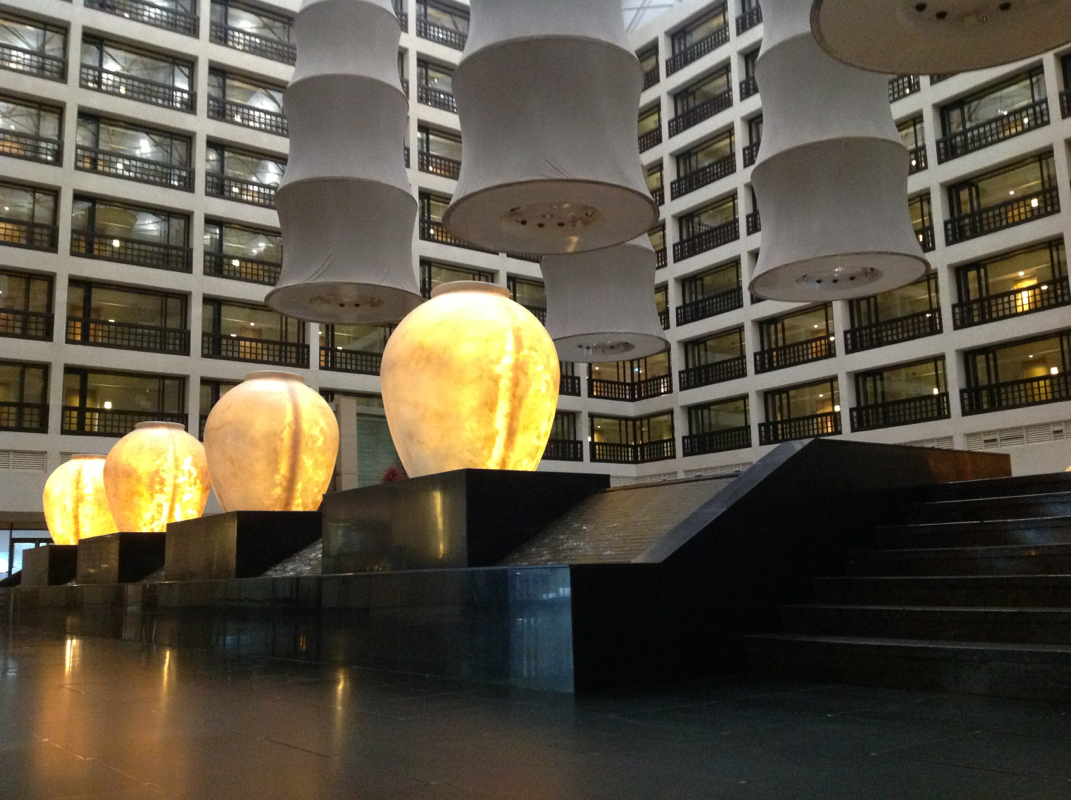
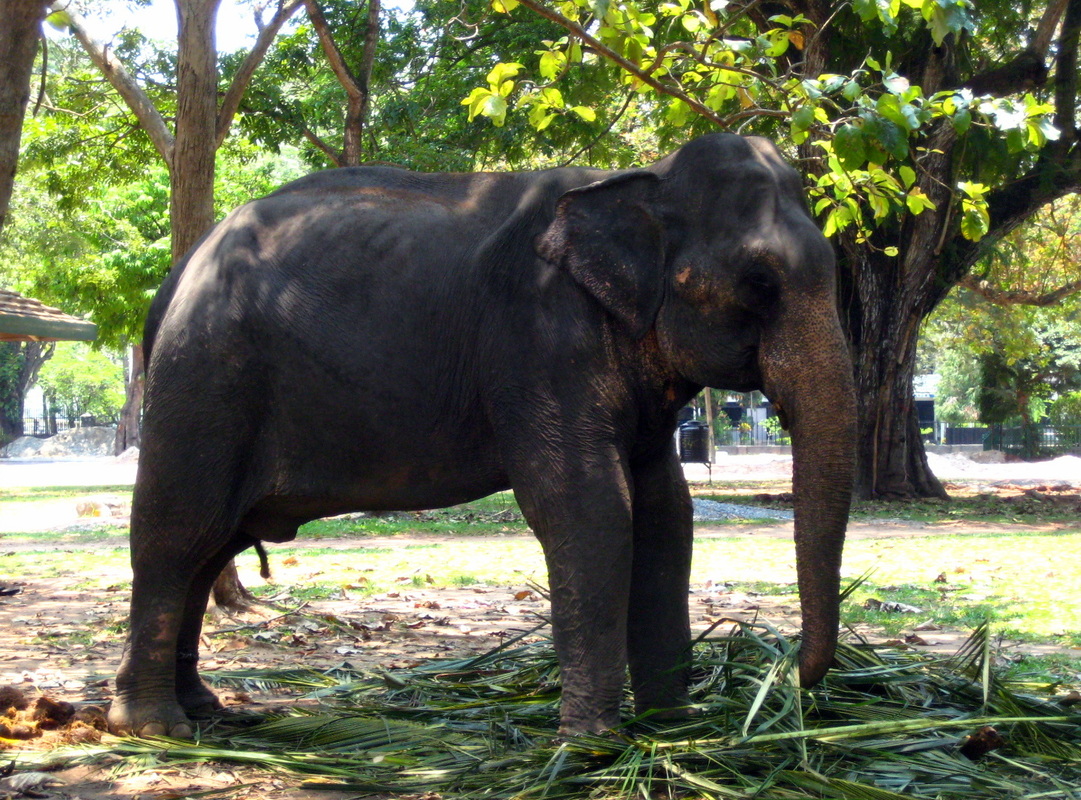
 RSS Feed
RSS Feed